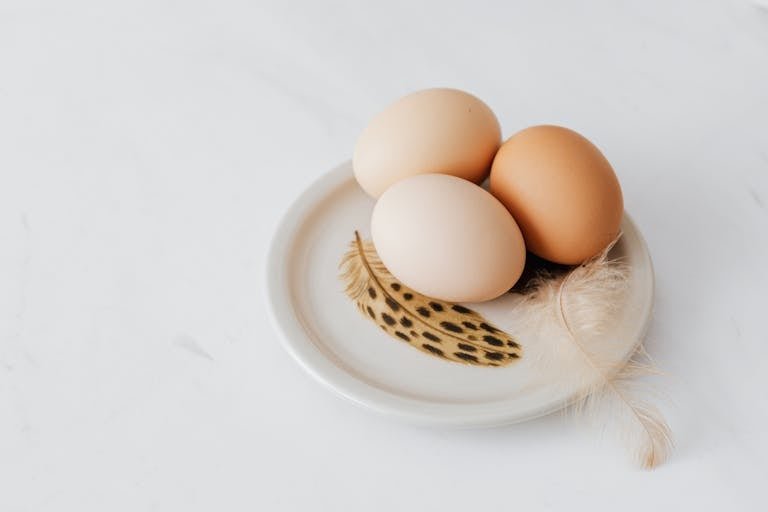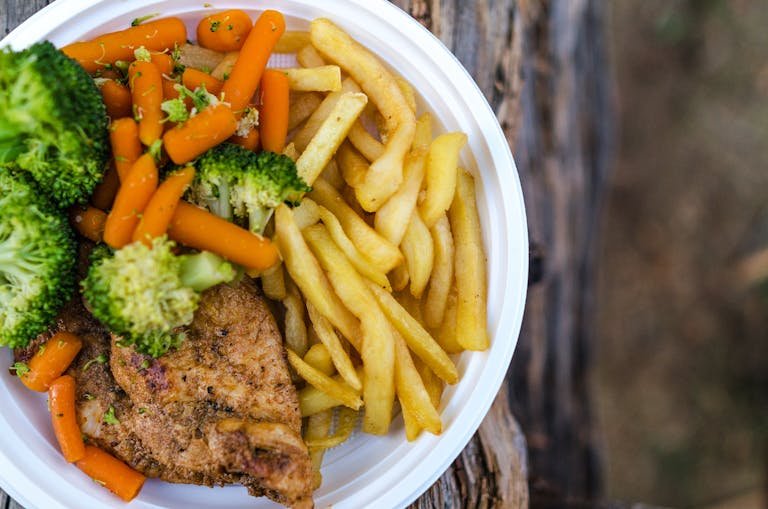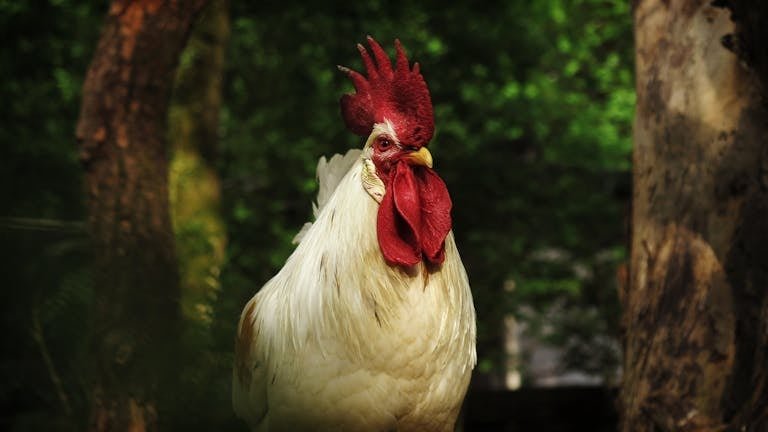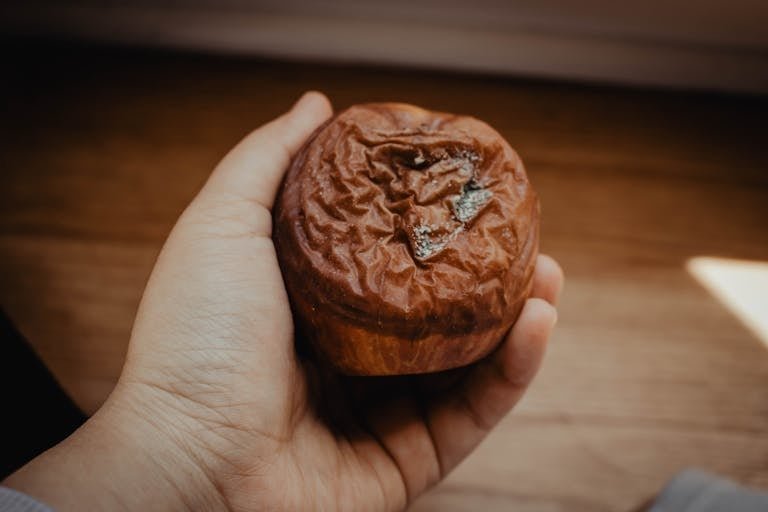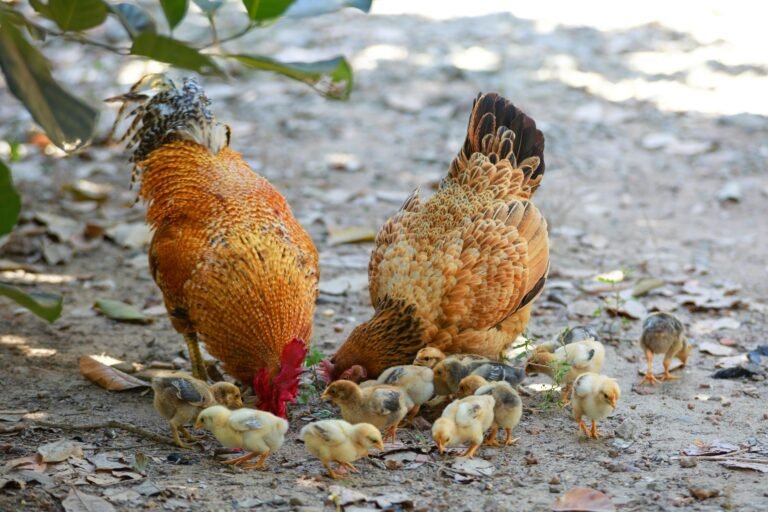Can Chickens Eat Cooked Onions? Dangers & Alternatives
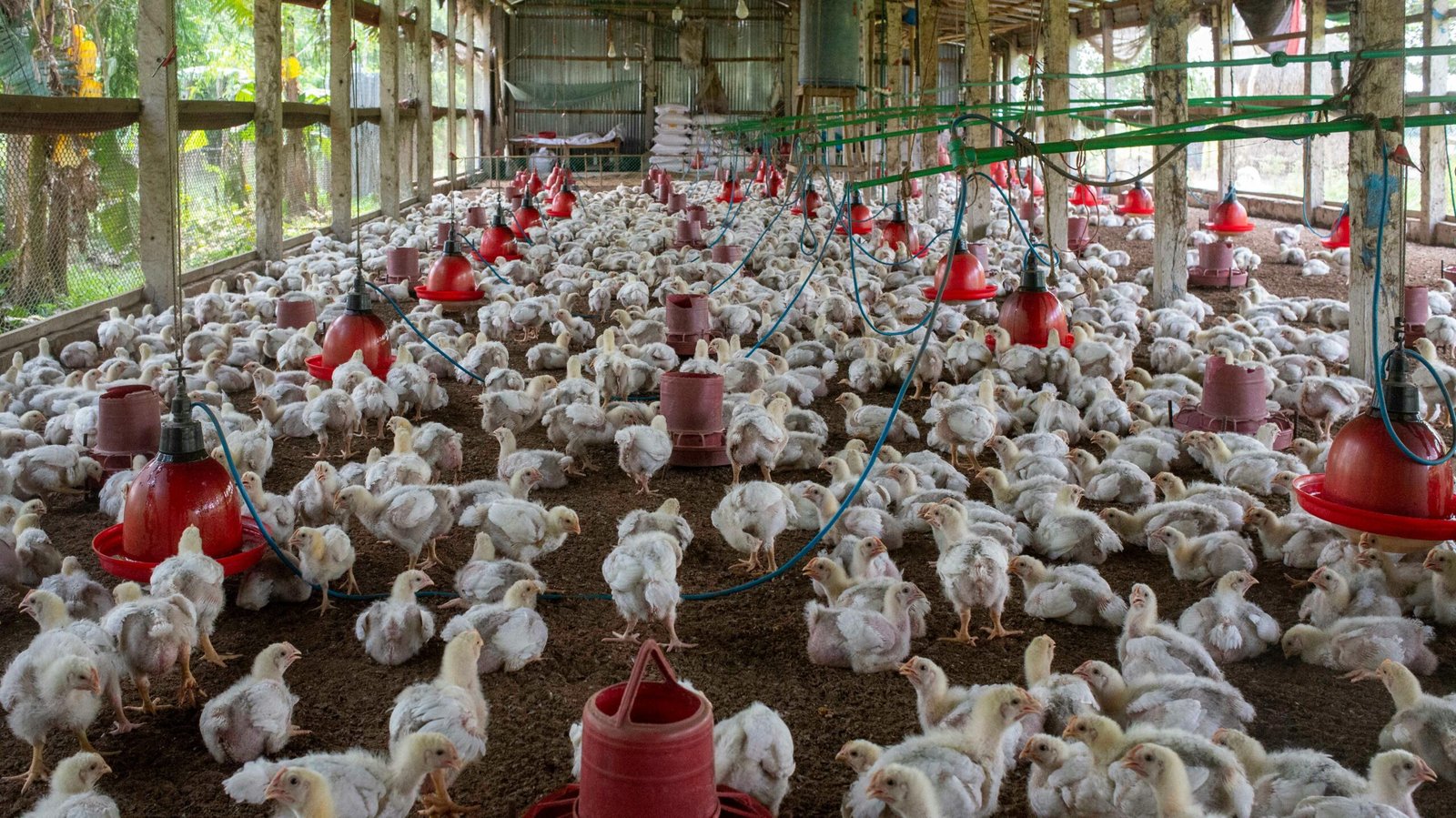
No, chickens cannot eat cooked onions.
While onions are a staple in many human dishes, they pose significant health risks to chickens. Understanding what foods are safe and which are harmful is critical to protecting your flock. This guide explores why cooked onions are harmful to chickens, symptoms of onion toxicity, and safer food alternatives.
Why Onions Are Harmful to Chickens
Onions, whether raw or cooked, belong to the Allium family, which includes garlic, leeks, and chives. They contain thiosulfate, a compound toxic to chickens.
| Key Details | Impact on Chickens |
|---|---|
| Toxic Compound | Thiosulfate |
| Primary Effect | Causes hemolytic anemia (destruction of red blood cells). |
| Result | Impaired oxygen transport, leading to lethargy, anemia, and potentially death. |
How Thiosulfate Affects Chickens
When chickens consume onions, the thiosulfate they ingest interferes with their blood cells. It hampers the ability of red blood cells to carry oxygen, leading to a gradual decline in the bird’s health. This is why even small quantities of onions, especially over time, can cause significant health issues for chickens.
- Onion’s Toxic Compound: Thiosulfate
- Effect on Blood: Causes hemolytic anemia
- Result: There is increased red blood cell survival and death and the rate of death is faster than the rate of production.
Recommended: Studies on thiosulfate toxicity in poultry diets.

Symptoms of Onion Toxicity in Chickens
Early detection of onion toxicity can save your chicken’s life. Look for these symptoms:
| Symptoms | Explanation |
|---|---|
| Loss of Appetite | Chickens may stop eating due to digestive discomfort. |
| Lethargy | Affected chickens appear tired, move slowly, or stand still. |
| Pale Comb and Wattles | Anemia reduces blood flow, causing discoloration. |
| Diarrhea | Digestive upset from toxicity often results in watery droppings. |
| Difficulty Breathing | Red blood cell damage impacts oxygen transport, leading to labored breathing. |
| Decreased Egg Production | Laying hens may stop producing eggs due to weakened health. |
| Severe Cases: Death | If untreated, severe toxicity can result in fatal anemia or respiratory failure. |
Recommended: Agricultural research on Allium toxicity in poultry.
Why Even Small Amounts of Onion Are Dangerous
Cumulative Effect
One of the most concerning aspects of onion toxicity is that it can be cumulative. This means that even small amounts of onion, when consumed regularly, can build up in a chicken’s system and eventually lead to serious health issues. You may not notice any symptoms after one meal containing onions, but repeated exposure can result in toxicity over time.
No “Safe” Quantity
Because onion toxicity accumulates, there is no “safe” quantity of onions that you can feed to your chickens. Even a seemingly harmless small amount can cause damage if fed repeatedly. Therefore, it’s best to avoid onions and foods containing onions entirely when it comes to your flock’s diet.
What to Do If Your Chickens Eat Onions
If your chickens accidentally consume onions, take these steps immediately:
- Remove Onions from Their Environment: Clear all traces of onions from feed and surrounding areas.
- Monitor for Symptoms: Watch closely for signs like lethargy, pale combs, or difficulty breathing.
- Contact a Veterinarian: Seek professional help if symptoms appear. Early intervention can save your chicken’s life.
Recommended: How to Treat Sick Chickens at Home.
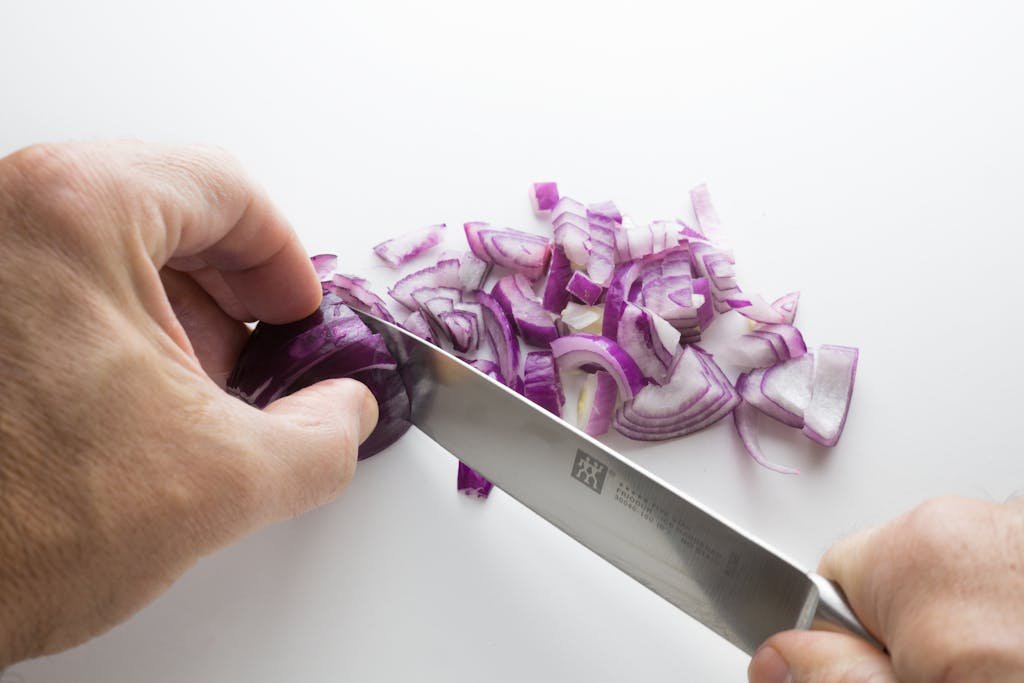
Safer Alternatives to Onions for Chickens
While onions are harmful to chickens, there are plenty of other foods that are safe and even beneficial for them. If you’re looking for treats to supplement your chickens’ regular feed, here are some great alternatives that you can safely offer.
Fruits and Vegetables
| Food | Benefits | Feeding Tips |
|---|
| Carrots | Rich in beta-carotene for better vision | Serve shredded or chopped. |
| Pumpkin | High in fiber and supports digestion | Offer seeds and flesh in small portions. |
| Cucumbers | Hydrating and low-calorie | Slice into thin rounds for easy pecking. |
| Berries | Packed with antioxidants for immune health | Feed whole or halved. |
| Leafy Greens | Provide vitamins A and K | Chop spinach, kale, or lettuce. |
Grains and Seeds
| Food | Benefits | Feeding Tips |
|---|---|---|
| Oats | Source of energy and fiber | Serve raw or cooked. |
| Sunflower Seeds | Rich in healthy fats and protein | Offer as a treat sparingly. |
| Corn | High-energy snack | Best served in colder months. |
Protein-Rich Foods
During molting season or when you want to boost protein intake, here are some protein-rich treats:
- Mealworms: A high-protein treat that chickens will happily gobble up.
- Cooked eggs: Scrambled or boiled eggs are a safe, nutritious protein source.
- Fish: Occasionally, chickens can be offered cooked, unseasoned fish for extra protein.
How to Ensure a Balanced Diet for Chickens
Focus on a Complete Feed
The bulk of your chickens’ diet should come from a well-balanced, complete chicken feed. This feed is specially formulated to meet all of your chickens’ nutritional needs, including protein, vitamins, and minerals. Treats like fruits and vegetables should make up only a small portion of their diet and should never replace their complete feed.
Avoid Processed Foods
In addition to onions, chickens should never eat processed or seasoned foods. Foods that are salty, sugary, or fried can harm their health. Even table scraps should be given sparingly and only when you’re certain that they don’t contain any harmful ingredients like onions.
Fresh Water is Key
Always provide your chickens with fresh, clean water. Proper hydration is essential to their health and can help flush out any toxins that may have entered their system.
FAQs
1. Can chickens eat raw onions?
No, raw onions are equally harmful due to their thiosulfate content.
2. Are onion peels safe for chickens?
No, even onion peels contain thiosulfate and should be avoided.
3. Can chickens recover from onion toxicity?
Yes, with immediate care and veterinary intervention, mild cases can recover.
4. What foods are toxic to chickens besides onions?
Other toxic foods include chocolate, avocado, and processed salty foods.
5. Can chickens eat garlic?
While garlic is in the Allium family, small amounts are generally safe and may even boost immunity.
Read Also: Why Are My Chickens Dying? 4 Shocking Reasons
Closing Thoughts
Chickens cannot eat onions, whether cooked or raw. Onions contain thiosulfate, a toxic compound that damages red blood cells, leading to anemia and other severe health problems.
Instead of onions, provide your flock with safe alternatives like carrots, pumpkins, and protein-rich treats. Ensuring a balanced diet and avoiding harmful foods is the key to a healthy and productive flock.
Explore more nutritious options in “Can Chicken Eat Pineapple” or learn how to keep your flock healthy with “Feeding Chickens a Carrot.”
